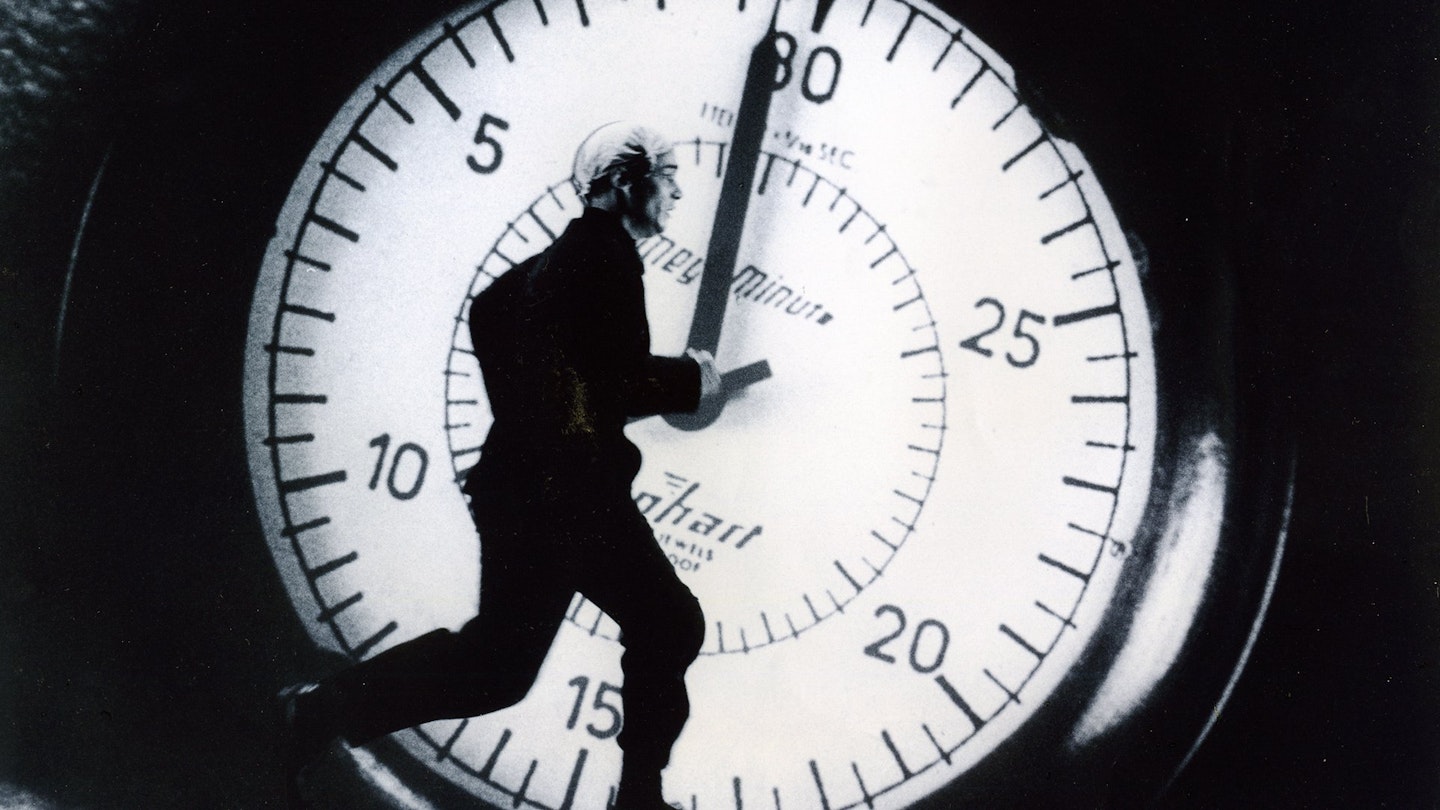Premiered at the Cannes Film Festival in 1991, it won both the Special Jury and Technical prizes, and a Best Film winner at Sitges, Ghent, Puerto Rico, Stockholm and Denmark, Europa is Danish director von Trier's sixth feature, and the third in a trilogy begun with Element Of Crime (1984) and Epidemic (1987).
The plot has a bespectacled Jean-Marc Barr as the American innocent arriving in post-World War II Germany to explore his Teutonic roots and, with the help of his uncle (Jpregard), winning a post as a sleeping car attendant with the Zentropa private railway company. All aboard the Zentropa is not, however, what it seems and an increasingly confused Kessler is gradually drawn into convoluted political intrigue by the allies on the one hand and Nazi sympathisers on the other.
Of the various characters who drift into and out of this oppressive, mainly train-bound world (a metaphor for transient, post-war Germany hurtling toward an unknowm future?), Sukowa puts up the strongest performance as the femme fatale and former Nazi terrorist Katharina with whom Kessler falls in love. Of overall content, however, there is too little, though it is clearly a visual tour de force, with impressive special effects (created by mixing black-and-white cinemaScope with colour projections) used to good effect.
